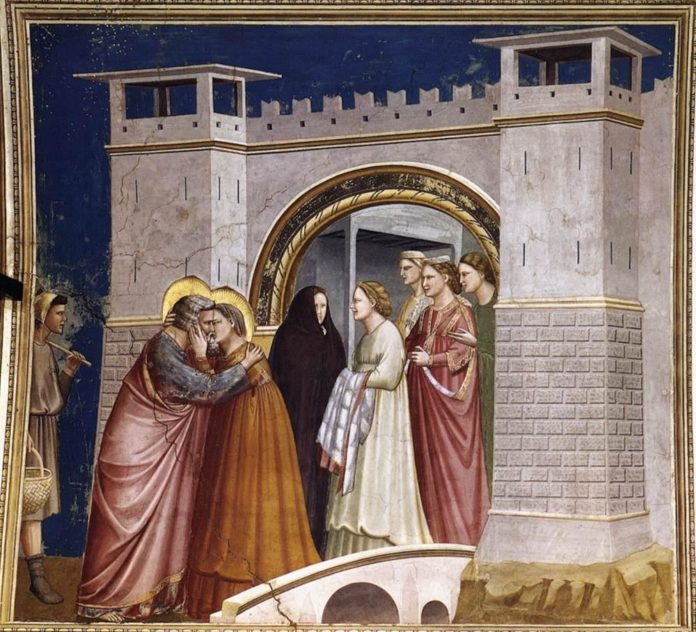
Rome (NEV), 18 January 2020 – The long-established Week of Prayer for Christian Unity (SPUC) will be held this year from 18 to 25 January with the theme: “They treated us kindly” (Acts 28, 2). In addition, the Italian Protestant churches are present and active in numerous initiatives for this worldwide ecumenical event, jointly promoted by the Faith and Constitution Commission of the Ecumenical Council of Churches (CEC), which brings together the main evangelical, Anglican and Orthodox denominations worldwide, and the Pontifical Council for Promoting Christian Unity (PCPUC).
This year’s theme is inspired by the biblical passage relating to the shipwreck of the apostle Paul in Malta (Acts 27.18 – 28.10). “A story of divine providence and at the same time of human welcome: this is what the Christian Churches of Malta and Gozo, who have prepared the material for the Week of Prayer for Christian Unity this year, propose to us”, reads the SPUC document. The introduction is signed by the president of the Federation of Protestant Churches in Italy (FCEI), pastor Luca Maria Negro, for the Protestant churches; by the bishop of Frosinone-Veroli-Ferentino Ambrogio Spreafico, president of the Episcopal Commission for ecumenism and inter-religious dialogue of the CEI (Italian Bishops Conference), for the Catholic Church, and by the Metropolitan Gennadios, Orthodox archbishop of Italy and Malta and exarch for Southern Europe of the Ecumenical Patriarchate, for the Orthodox part.
The story we are talking about is reported at the end of the book of the Acts of the Apostles and is set right in Malta and on the stormy sea that surrounds it. “Hospitality – write the Christians of Malta – is a highly necessary virtue in the search for unity among Christians. […] Our unity as Christians will be revealed not only through the hospitality of one another, though important, but also through the loving encounter with those who do not share our language, our culture and our faith”.
The introductory document refers to the various initiatives of the churches for the reception of migrants, including the FCEI Reception Manifesto and the ecumenical project of the humanitarian corridors.



























